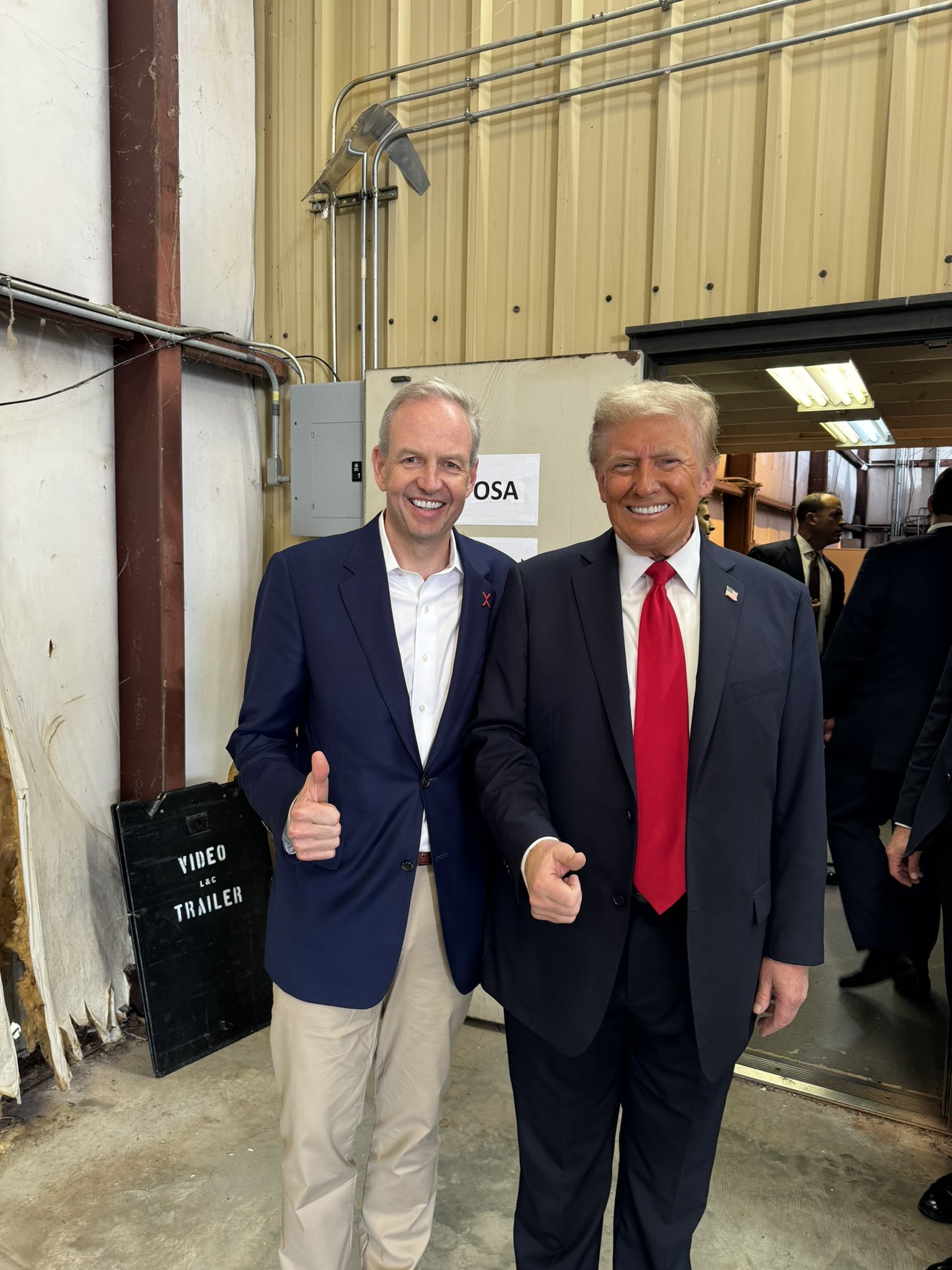When I was flying there shortly after they started up, they provided better pay and QOL than the 121 regionals flying the same equipment. It was the best kept secret in aviation if you lived on the west coast. Today even with the fact that they can hire FOs with a wet CPL and use over 65 Captains, their pay has not kept up with the rest of the industry, definitely not with 121 regionals and I'd say not even with the larger 135 operators. QOL has gone down and a lot of the things that made it unique no longer exist, so now they're a revolving door. You can't loophole your way around market forces even if your barriers to entry are lower. That's why they're advertising to wet CPLs and RACs. You'll probably always find takers in those categories but the young ones will be gone as soon as they get their hours and the old ones will get tired in a year or two of flying 4 legs a day in an RJ with 20 minute turns. That's hardly the cushy retirement job. They're a tiny fish in a huge ocean and don't really have the ability to sway the pilot market. Their business model is very hard to scale and I don't see it taking over the industry. Many have tried and failed, and even JSX itself is having a hard time growing how they had originally planned. Their saving grace is the deep pockets of their investors that has allowed them to keep playing until they figure out the right size and market to finally make money. Security wise their "behind the scenes" screening is a lot more powerful than you think, and IMO exceeds the standards of the TSA security theater. If airline terminals could adopt that technology we would all be better off in terms of aggravation, and I think it does a better job at catching prohibited items. I'll probably always have a bit of a bias in favor with them because it gave me and many of my peers our first break in aviation as a first jet job at low time and later that first jet Captain experience. Without that I don't think I'd be where I am today, and definitely not on this timeline. We can argue that they're taking advantage of a loophole, but I don't see it as an existential threat to the pilot market. If anything the way they're set up they will be even more susceptible to getting wiped out at the next big downturn, or the day their main investor wakes up and decides they've had enough. To my knowledge they're still not profitable or are just barely breaking even.

